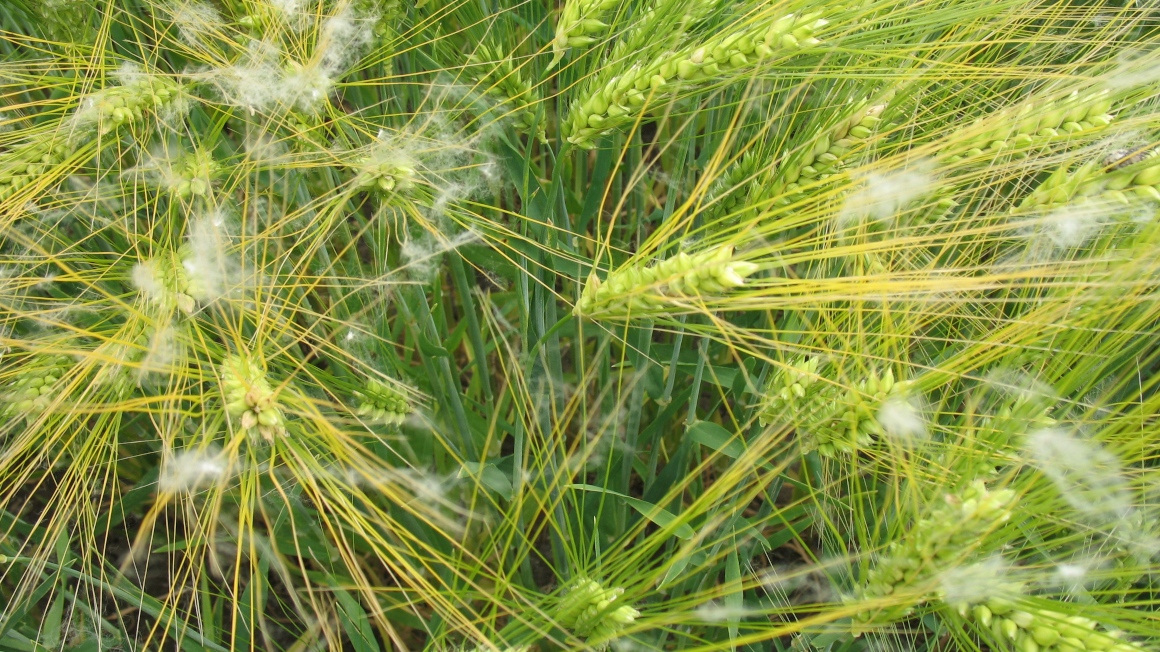Protein summer drink made of lupins
Researchers at the Fraunhofer Institute in Freising developed a new technique to brew a refreshing sports drink made of the seeds of sweet lupins.

Cool, refreshing drinks are always welcome during the summer time. But many customers shy away from high sugar contents and too many chemical ingredients in commercially available sports drinks. Therefore, researchers at the Fraunhofer Institute for Process Engineering and Packaging IVV in Freising developed a novel, protein-rich summer drink made from sweet lupins. The production of this new drink should be feasible for any brewery. The technique was developed in cooperation with the Technical University Munich as well as partners from industry. The company Döhler provided technical support for the project and the Heidelberg-based company Wild already produced fruit drinks based on lupin extracts.
Lupins are nutritious but tricky
The nutritious proteins are hidden in the seeds of the lupins. However, combining a high protein content with the envisioned fresh taste is no easy task. Especially since usually proteins are not soluble under acidic conditions. Luckily, lupins contain a globulin fraction that is highly soluble in this pH range and also possesses excellent functional and nutritive properties. Unfortunately, lupins contain phytic acid, a typical component for legumes such as beans, peanuts – or lupins. Phytic acid has been know to cause indigestion and has been linked to diverse other adverse effects. Until now, it has been very complex and costly to separate phytic acid from proteins. Therefore the researchers needed to develop a new process that minimises the phytic acid content, while leaving the protein content largely intact.
New technique reduces phytic acid
For the new process the researchers employ a combination of malt and specific microorganisms, which use hydrolysis to remove the phytic acid. This all happens in the context of a two-step mash- and fermentation process. The researchers optimised this straightforward but delicate process at several instances. The final product is a lupin extract in the form of powder or paste. This then marks the starting point for a nutritious and easily digestible drink. Since it is only the base for the drink, the exact protein content is adjustable. Moreover, since the extract itself is neutral in taste, there are many different flavours possible.
The new lupin drink is a good example for how the Fraunhofer IVV team works, explains Raffael Osen who is leading this project. Because of their specific expertise they are able to combine conventional methods with novel approaches. In the case of the lupin drink they based their approach on conventional beer brewing. They used many of the same instruments and facilities, which should make it easy for breweries to adopt the new drink into their product portfolio at little to no additional cost.
Peas and beans could be next
The sweet lupin, however, is not the only plant the researchers are interested in for their new healthy and protein-rich drinks. Other legumes such as beans or peas could be the next base for drinks like that – the process would only have to be altered very slightly. “The process is well established now. Our next step will be to use the technique for other raw materials in order to broaden our product portfolio”, says Osen. “Especially regional protein-rich plants such as peas or beans have great potential for us.”
jmr


